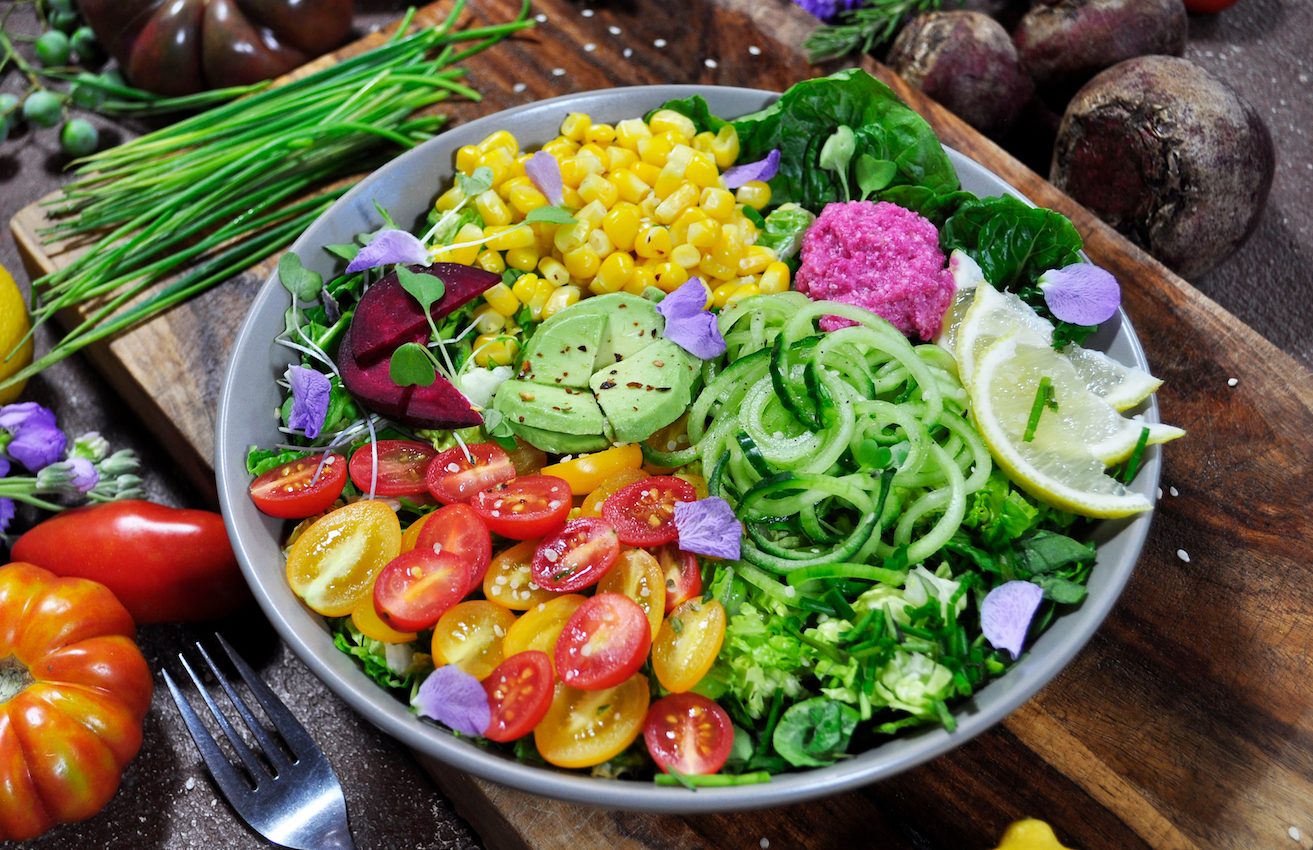
Plant-based diets often lack a nutrient essential to brain health
Plant-based diets have gained a great deal of traction recently due to the harmful environmental impacts of the meat and dairy industry.
However, a new editorial published in the journal BMJ Nutrition, Prevention, and Health warns against jumping on new dietary recommendations that limit meat and dairy products as it could also limit your intake of an essential nutrient.
Choline is considered a vital nutrient because while we need it to function. The body does not produce enough of it on its own and we have to get nutrients like choline and omega-3 fatty acids from food.
Beef, eggs, dairy products, fish, and chicken are all foods high in choline, and you can get choline from peanuts, beans or broccoli but at much lower levels.
Dr. Emma Derbyshire, a nutritionist and author of the editorial, discussed the importance of choline and the problem with limiting choline-rich foods from regular diets.
Derbyshire worries that because people already don’t get enough choline on a day-to-day basis, switching to a recommended plant-based diet could make a problem much worse.
Choline helps brain health and liver function. In 1998, the US Institute of Medicine established recommended daily intakes of choline ranging from 425 milligrams per day for women and 550 milligrams per day for men.
The European Food Safety Authority also proposed daily choline requirements in 2016, but in North America, Europe, and Australia, average daily choline intake is typically lower than the recommended guidelines.
Derbyshire recommends that the 2019 EAT-Lancet report, which is the first food plan of its kind that promotes environmental sustainability, factor in foods high in choline.
The editorial also calls for further study, educating healthcare professions and the public about choline intake, and that choline is included in UK diet monitoring efforts.
“The mounting evidence of choline’s importance makes it essential that it does not continue to be overlooked in the UK,” Derbyshire wrote. “This is now more important than ever given that accelerated food trends towards plant-based diets/ veganism could have further ramifications on choline intake/status.”
—
By Kay Vandette, Earth.com Staff Writer













